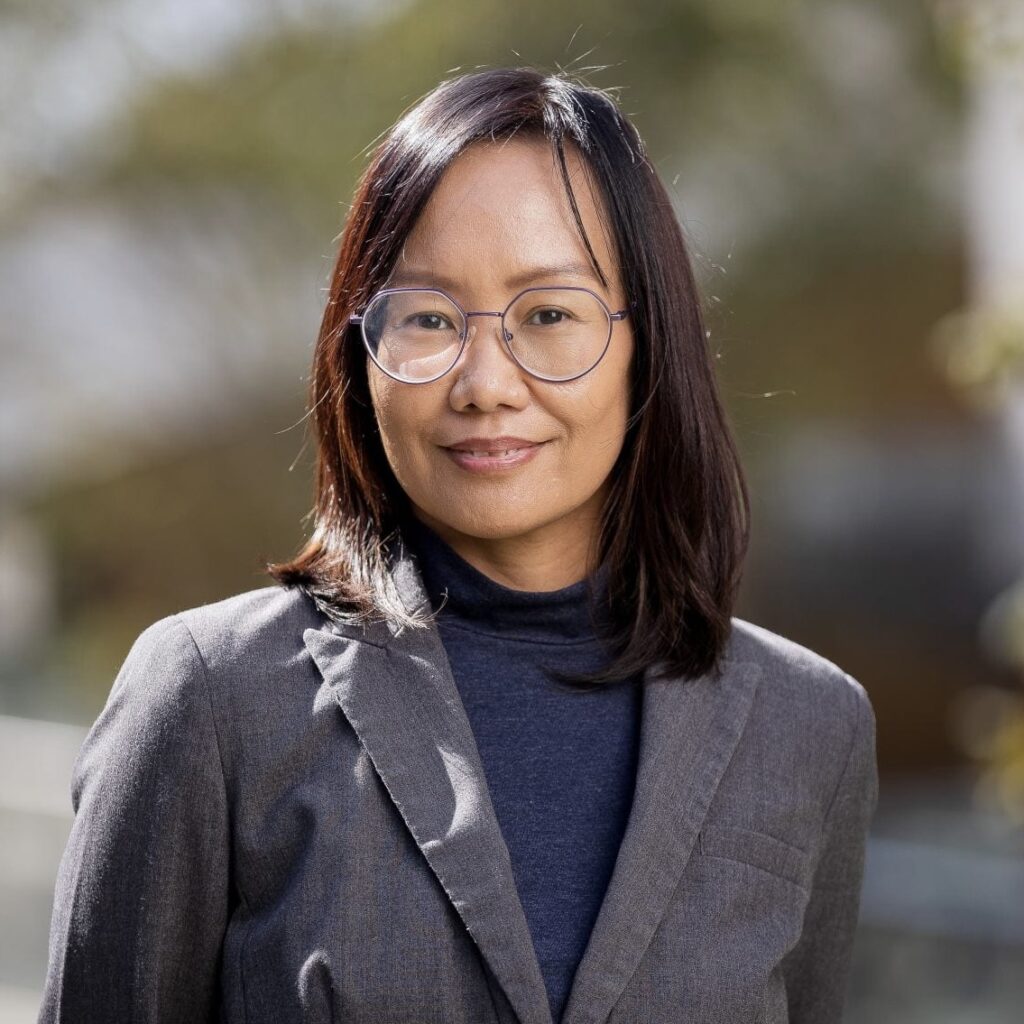What is your name?
Dr Gay Marie Manalo Francisco
What do you teach/research?
Currently, I’m a research fellow at Te Whare Marea Tātari Kaupapa Public Policy Institute, Waipapa Taumata Rau, University of Auckland. My research interests include women’s rights and public policy, informal institutions, and the role of civil society in women’s rights and international relations. More recently, I have also started studying Artificial Intelligence (AI), Good Governance, and Public Policy, with a focus on inclusive AI and civil society participation.
What did/do you study, and what inspired you to work in your current field?
I completed my Master of Public Policy (MPP) at the University of Auckland. I also have a bachelor’s degree in communication from the University of the Philippines and a law degree (LLB) from Manuel Quezon University, Philippines. In 2022, I earned my PhD in Politics and International Relations, also at the University of Auckland.

My first job was in corporate communications before I studied Law. I initially thought of working as a human rights lawyer after passing the bar examinations, but my plans changed due to some family and personal matters. In the Philippines, there are risks associated with actively working in the human rights space, so I spent years in the corporate world and school administration. I decided to shift to public policy after being awarded a Manaaki scholarship (formerly New Zealand ASEAN scholarship). Through my studies, I realised that public policy is critical in shaping society (hopefully) for the better. I worked for non-profit organisations after my MPP studies and had the opportunity to join the Muntinlupa City Local Development Council (LDC) as NGO representative. It was an eye-opening experience, reminding me that working for the national government is not the only way to influence change. Local government policies have a great impact on individuals and families.
What are you currently researching or teaching that excites you?
There is so much to read now on Artificial Intelligence (AI). My research focus is on public policy, but I still need to have an understanding of the key concepts, which sometimes can be highly technical. It’s fun though. I like learning new things. The downside is that sometimes I don’t realise that the things that I’m studying are not typical information that people read online about AI (not too surprising that many people just say “ChatGPT!” when I tell them that I’m doing research related to AI), so it can be challenging to explain my research.
What do you hope students take away from your course(s)?
Right now, I’m teaching in our short course programmes, and our participants are professionals, mostly in the public sector. If they will only remember one thing from my courses, I hope itis that everyone has a voice and should take part in conversations on governance and public policy, particularly in emerging technologies like AI, which will immensely affect the lives of everyone. We should also help the marginalised get a seat at the table if we have the ability or influence to do it.
What makes for a strong student writer or thinker in public policy?
I can only speak about what works for me, so I would say, reading and being open to advice. I do not consider myself a strong writer or thinker, so I take time to read academic and non-academic resources. I also seek feedback. When marking student assignments, I try my best to use encouraging words, but I know that I also need to provide helpful feedback, so it’s always a balancing act.
Any book, podcast, or paper that shifted your thinking or that you would recommend?
Perhaps, I would recommend reading the UNESCO Recommendation on the Ethics of Artificial Intelligence I wouldn’t say that it shifted my thinking or anything dramatic. However, regardless of people’s view on AI, UNESCO, UN, or international organisations, I think the recommendation explains key principles that should underpin global AI governance. More importantly, it serves as a reminder that there’s more to AI than ChatGPT 😊
Thanks to Dr. Francisco for taking the time to share her insights with us.




